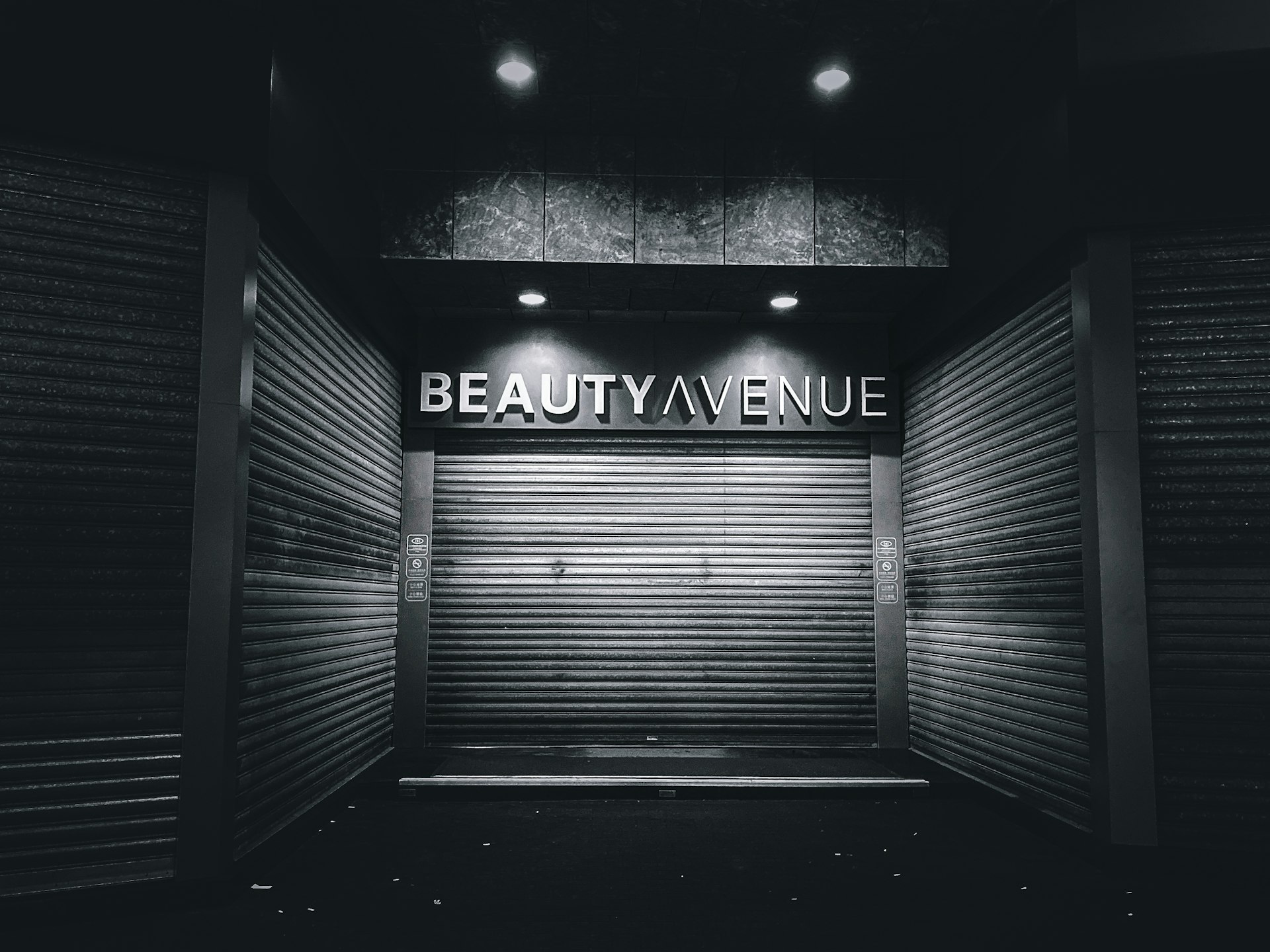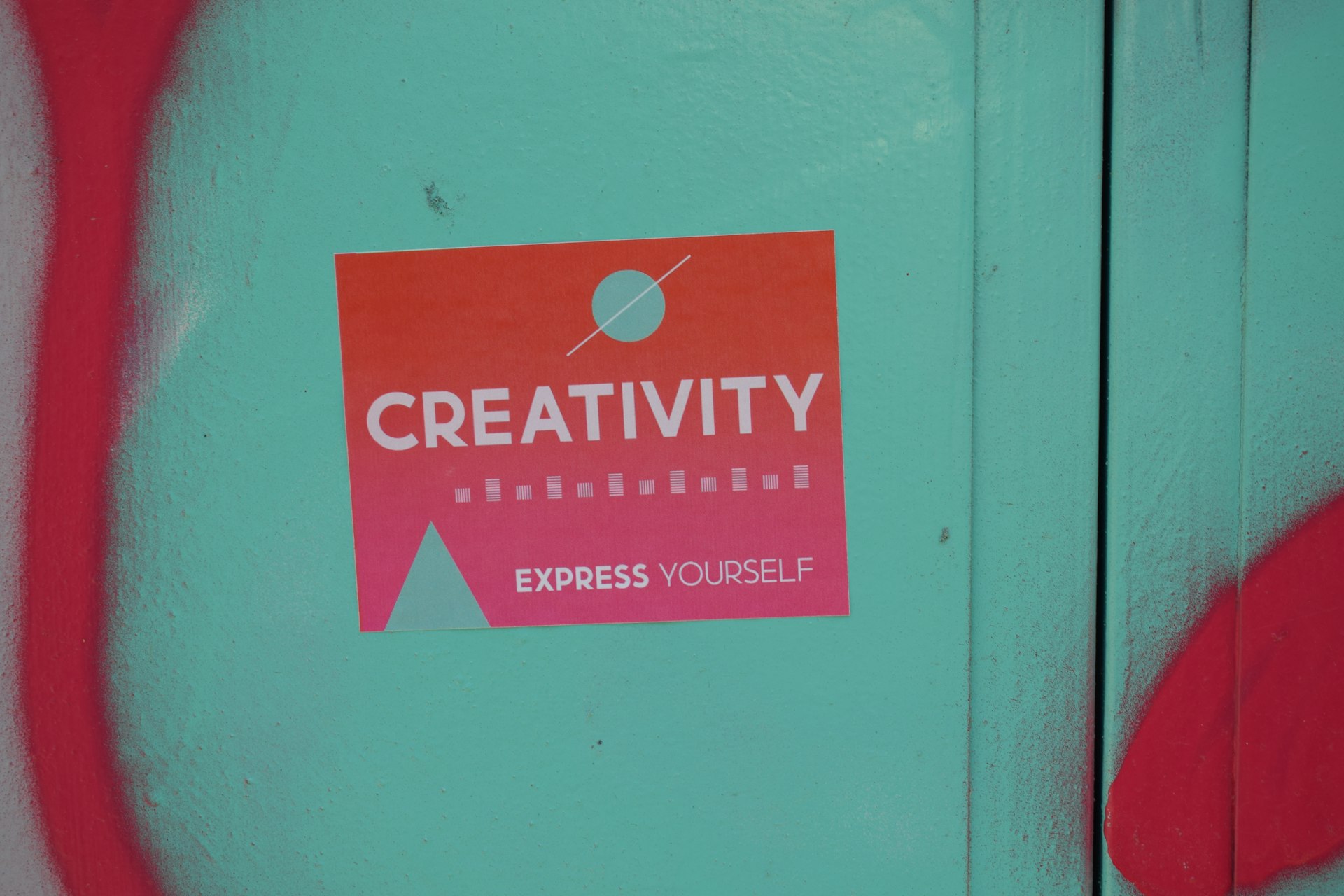Protecting Creativity and Innovation: A Guide to Intellectual Property in the Entertainment Industry

Photo by Thea Hdc on Unsplash
Introduction
The entertainment industry thrives on creativity, innovation, and the ability to bring unique ideas to life. Whether producing films, music, television, literature, or digital media, intellectual property (IP) rights are essential for protecting the fruits of creative labor and ensuring fair compensation for creators and rights holders. Understanding the various forms of IP, how to secure them, and strategies for effective management can make the difference between enduring success and costly disputes.
Understanding Intellectual Property in Entertainment
Intellectual property is a legal framework designed to protect intangible creations of the human mind. In the entertainment industry, IP typically falls into four main categories: copyrights, trademarks, patents, and trade secrets. Each plays a distinct role in safeguarding creative assets and commercial interests.
Copyrights
Copyright law grants exclusive rights to creators of original works, such as films, music, scripts, choreography, and artwork. These rights include the ability to reproduce, distribute, perform, and display the work. Copyright protection is automatic as soon as a work is fixed in a tangible medium (like a recording or manuscript), but formal registration with the U.S. Copyright Office provides additional advantages, including the right to sue for statutory damages and attorneys’ fees in the event of infringement [1] .
For example, an independent filmmaker’s screenplay and finished film are automatically protected by copyright as soon as they are written or recorded. Registering the copyright enhances legal protection and public record of ownership [2] .
Practical Steps: To register a copyright, visit the official U.S. Copyright Office website and follow their instructions for submitting your work. Consider working with a qualified entertainment attorney or rights management firm for guidance on complex works or joint authorship situations.
Alternative Approach: While registration isn’t mandatory, it is strongly recommended for works of significant commercial value. Some creators choose to register only after a work achieves commercial success, but this may limit legal remedies in the event of infringement.
Trademarks
Trademarks protect brands, names, logos, slogans, and other identifiers that distinguish goods and services in the marketplace. In the entertainment sector, this often includes film titles, production company names, and even character names [3] . For example, the title of a blockbuster film or a distinctive production logo can be registered as a trademark to prevent confusion and unauthorized use.
Implementation Guidance: To secure trademark protection, first conduct a thorough search to ensure your mark is unique. Then, file an application with the United States Patent and Trademark Office (USPTO). For international protection, consider filing under the Madrid Protocol.
Challenges: Trademark disputes can arise if a new mark is similar to an existing one. To avoid legal issues, consult a trademark attorney and use the USPTO’s trademark database to check for potential conflicts before investing heavily in branding.
Patents
Patent law covers new inventions, processes, or technologies, such as innovative filming equipment, special effects software, or unique recording devices. In the entertainment industry, patents are less common than copyrights or trademarks but are vital for protecting technical advancements that provide a commercial edge [2] .
Step-by-Step Process: To obtain a patent, the invention must be novel, non-obvious, and useful. Begin by documenting the invention in detail and conducting a patent search to confirm its uniqueness. File a patent application with the USPTO and, if necessary, seek international protection through the Patent Cooperation Treaty (PCT).
Example: A company developing a new virtual reality platform for immersive concerts may patent both the hardware and underlying software algorithms, giving them exclusive commercial rights for a set period.
Trade Secrets
Trade secrets refer to confidential business information that gives a company a competitive advantage, such as production formulas, marketing strategies, or unreleased scripts. Protection is achieved through robust internal policies, non-disclosure agreements, and careful management of sensitive information [4] .
Implementation: Establish clear confidentiality agreements with employees, contractors, and collaborators. Limit access to sensitive materials and regularly review security protocols. In the event of a breach, legal remedies are available for misappropriation of trade secrets.
Enforcing and Monetizing Intellectual Property
Once IP rights are secured, effective enforcement and monetization strategies are critical for maximizing value and deterring infringement. Infringement can occur in the form of unauthorized copying, distribution, or use of protected works and brands.
Licensing and Royalties: One of the most common ways to monetize IP in entertainment is through licensing agreements, which allow third parties to legally use your content in exchange for royalties or fees. For instance, a songwriter may license a track to a film studio, earning royalties each time the song is used.
Litigation and Dispute Resolution: If infringement occurs, rights holders can pursue legal remedies through cease-and-desist letters, negotiation, or litigation. Registering copyrights and trademarks strengthens your position in legal disputes. For complex cases, consult an experienced entertainment law attorney or a specialized IP firm.
Alternative Approaches: Some creators leverage digital rights management (DRM) technologies or use watermarking to track and prevent unauthorized use of their works. Others may choose open licensing models (such as Creative Commons) to encourage broader distribution while retaining certain rights.

Photo by Tim Mossholder on Unsplash
Accessing IP Protection Services: Step-by-Step Guidance
Entertainment professionals have several options for securing their intellectual property:
- Copyrights: Visit the U.S. Copyright Office website and follow their step-by-step instructions to register your work. If you need assistance, consider contacting a copyright attorney or a professional rights management agency.
- Trademarks: Conduct a search using the USPTO’s TESS database to ensure your mark is unique, then file for registration. For detailed instructions and forms, visit the USPTO’s official website.
- Patents: If you have invented a new process, device, or system for use in entertainment, consult a registered patent attorney and explore the USPTO’s comprehensive resources for inventors.
- Trade Secrets: Draft non-disclosure agreements and implement strong internal controls to protect confidential information. Legal professionals specializing in entertainment law can provide templates and guidance.
If you are unsure where to start, you can search for “entertainment law attorneys” or “intellectual property law firms” in your area for personalized advice. Many law schools and professional organizations offer free or low-cost legal clinics for creators and small businesses.
Challenges and Solutions in Entertainment IP
Common challenges in entertainment IP include copyright infringement, online piracy, brand dilution, and disputes over ownership. These threats can undermine creative value and disrupt revenue streams.
Solutions: Proactively register all valuable works and brands, implement monitoring services to detect infringement, and establish clear contracts with collaborators outlining ownership and usage rights. Stay informed about new laws and technological advancements affecting IP enforcement.
Alternative Pathways: For creators working on a tight budget, consider using online IP protection platforms or consulting with organizations like Volunteer Lawyers for the Arts, which often provide free or reduced-cost services for eligible artists and producers.
Key Takeaways
- Intellectual property is vital for protecting creative works, brands, and innovations in the entertainment industry.
- Understanding the differences between copyrights, trademarks, patents, and trade secrets empowers creators to secure and monetize their rights.
- Registration with government agencies, robust contracts, and regular monitoring are essential for effective IP management.
- Multiple resources, including official government offices and legal professionals, are available to assist with every step of the IP protection process.
References
- U.S. Copyright Office (2024). Copyright Registration Guidance.
- J. Scott Law Firm (2023). Intellectual Property Rights in Entertainment.
- U.S. Patent and Trademark Office (2024). Trademark Registration Portal.
- University of Pittsburgh School of Law (2023). Understanding Intellectual Property in Entertainment Law.
MORE FROM resultsdiscount.com













